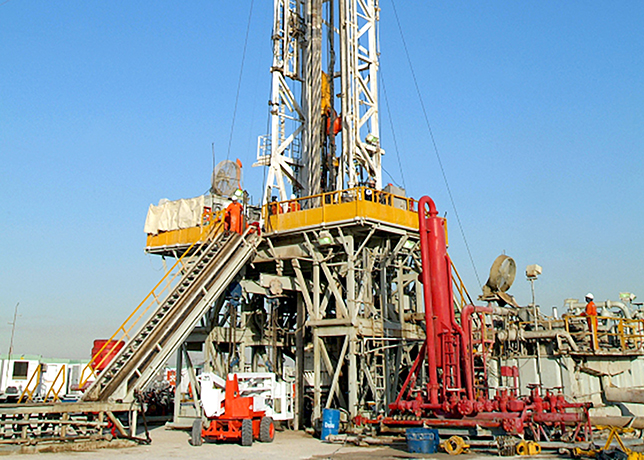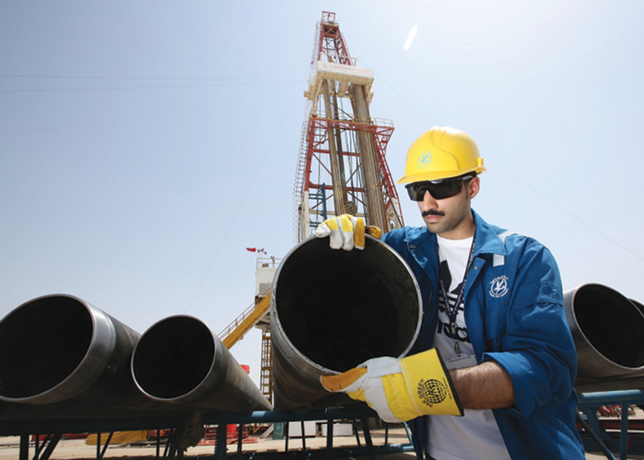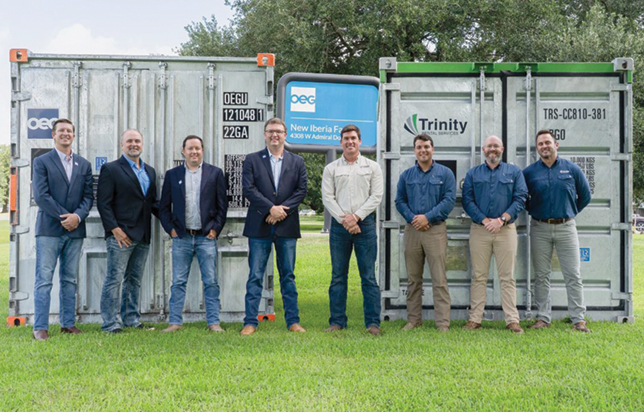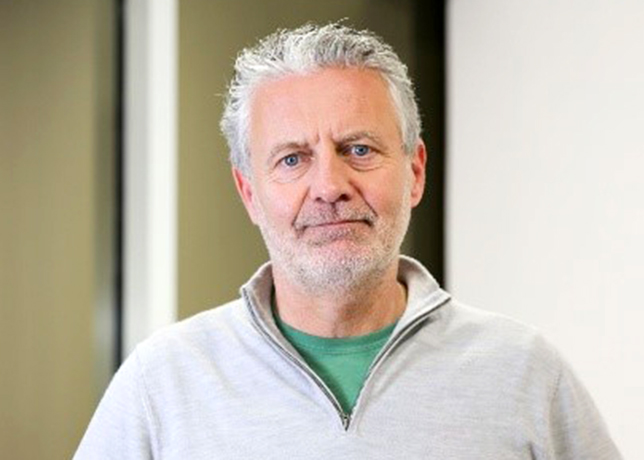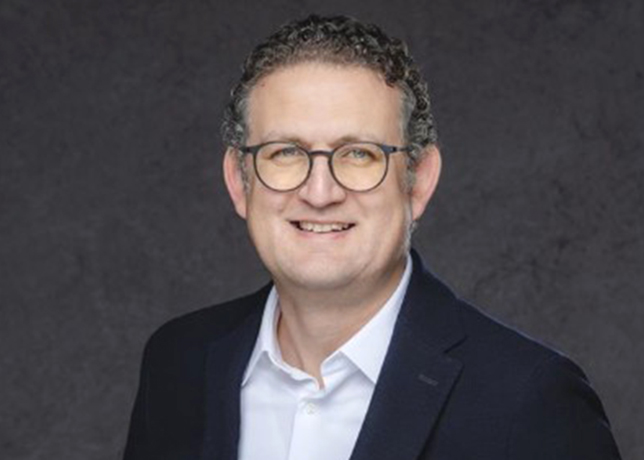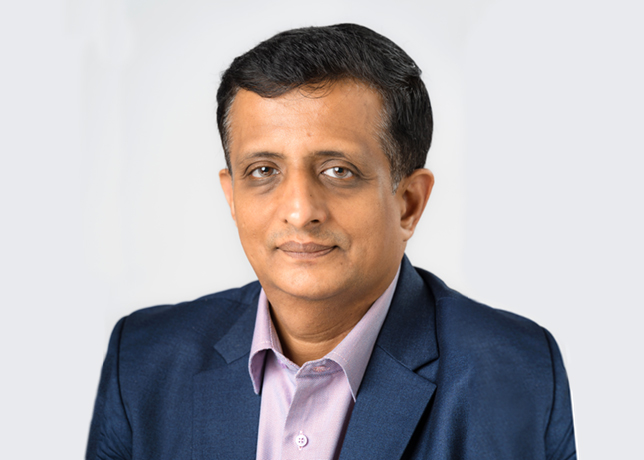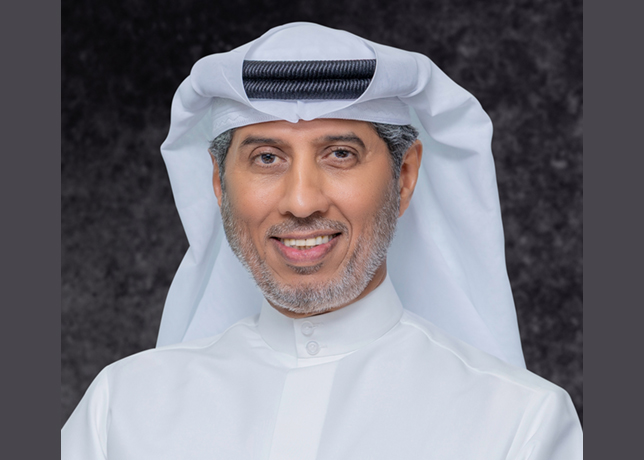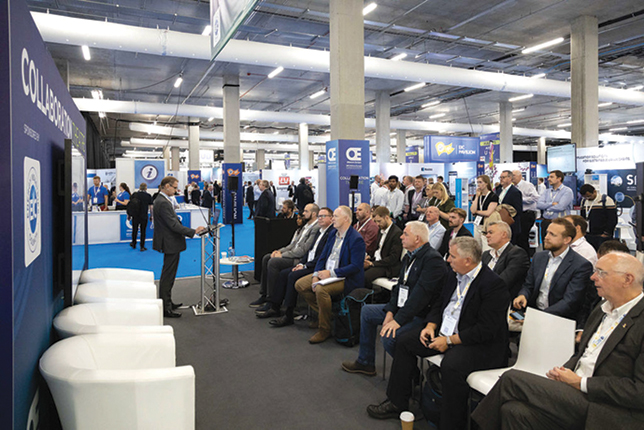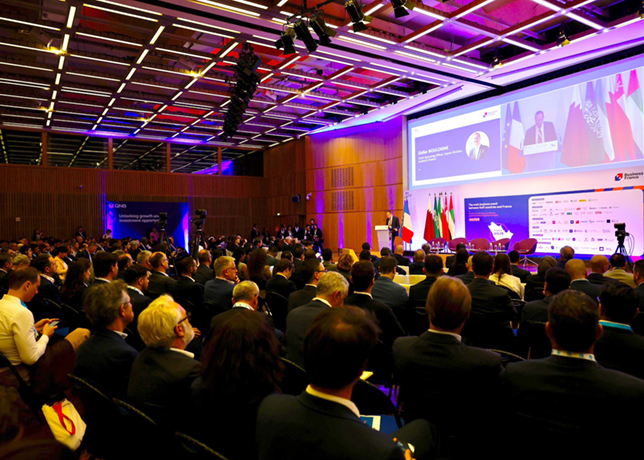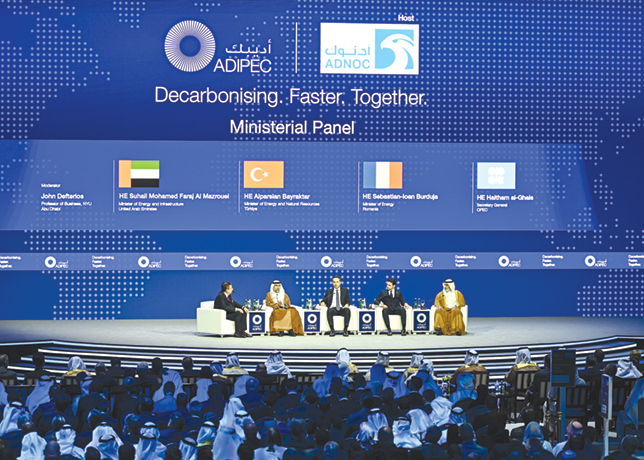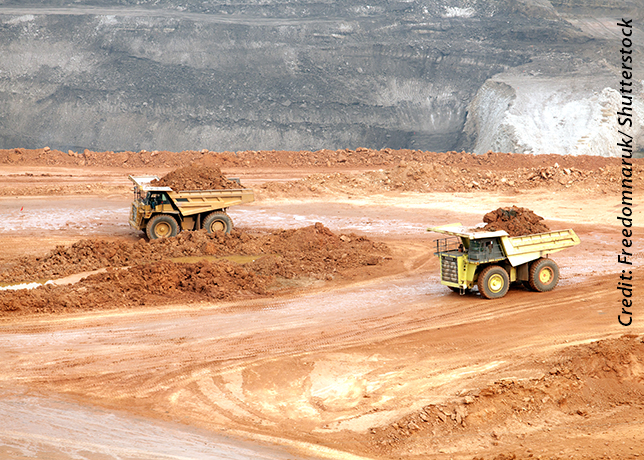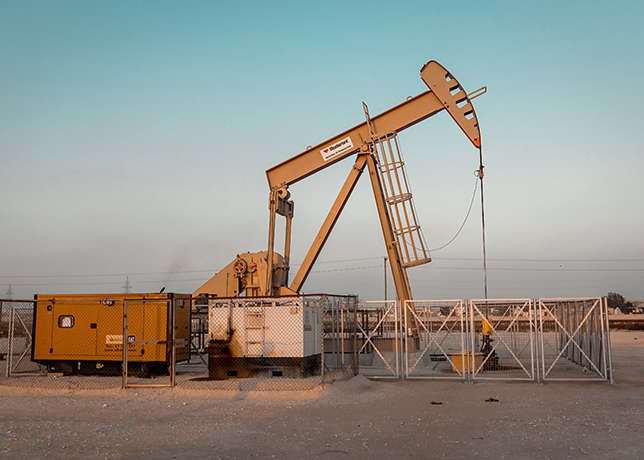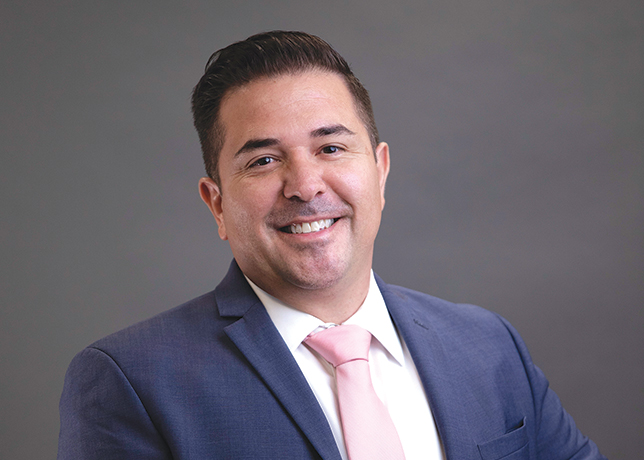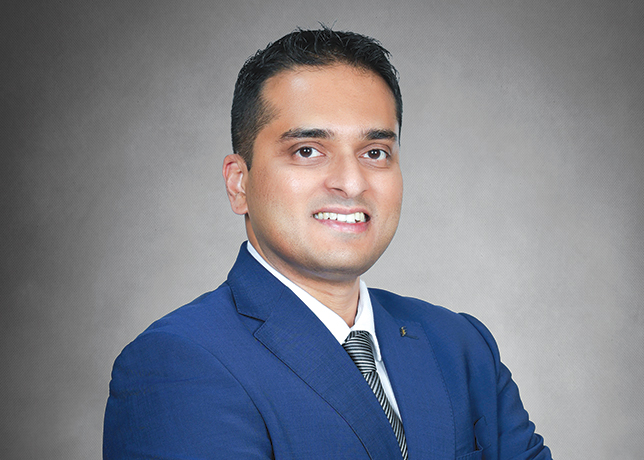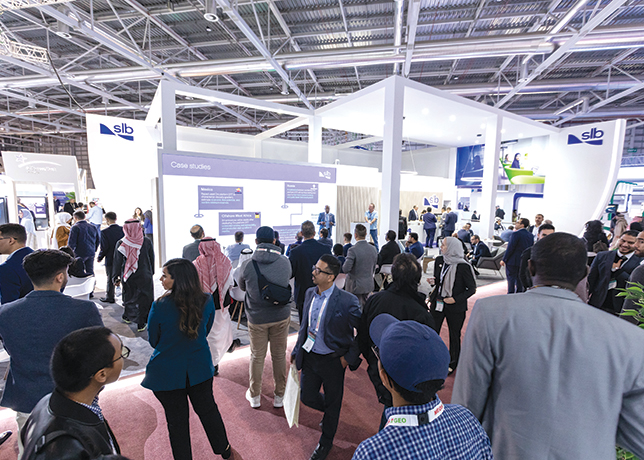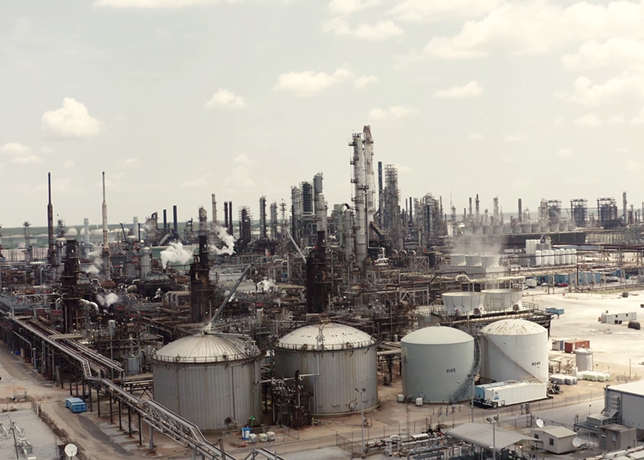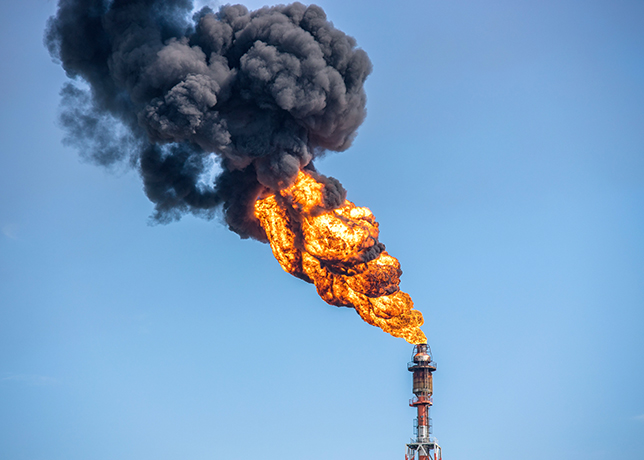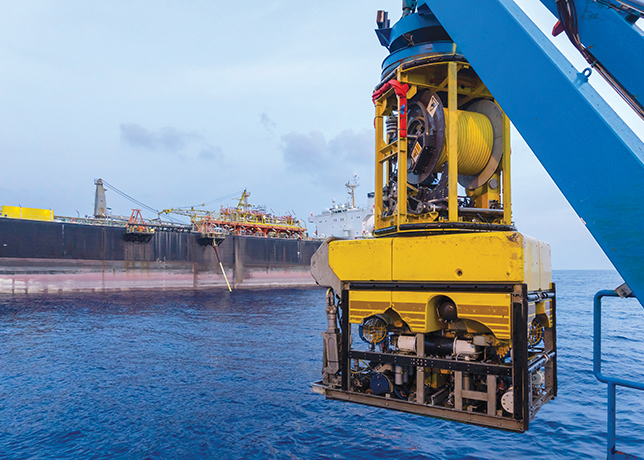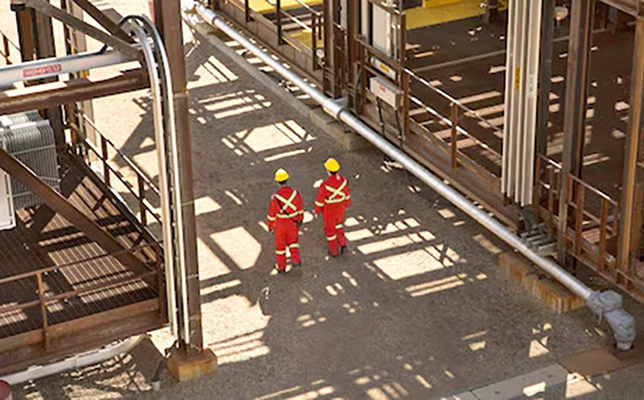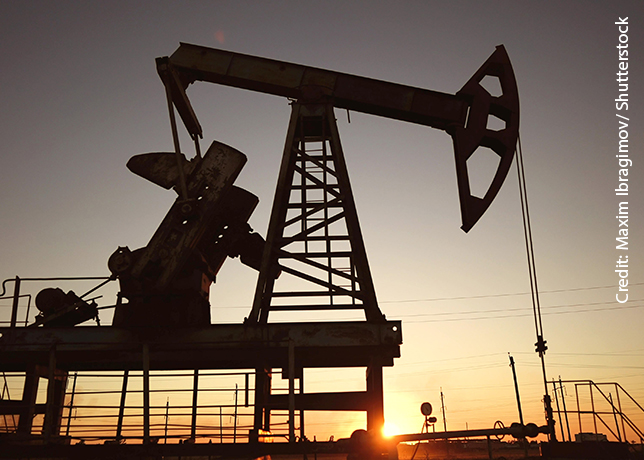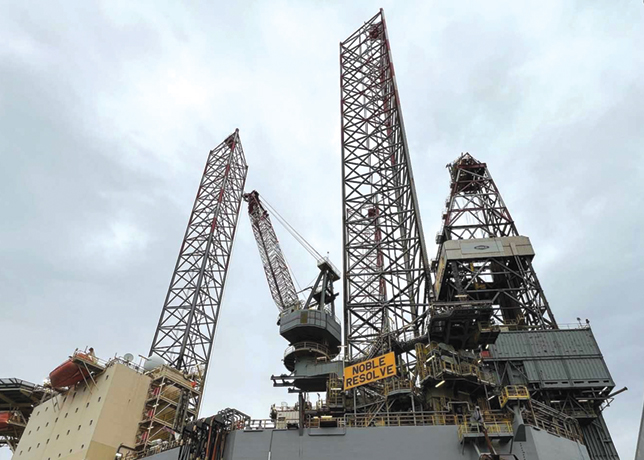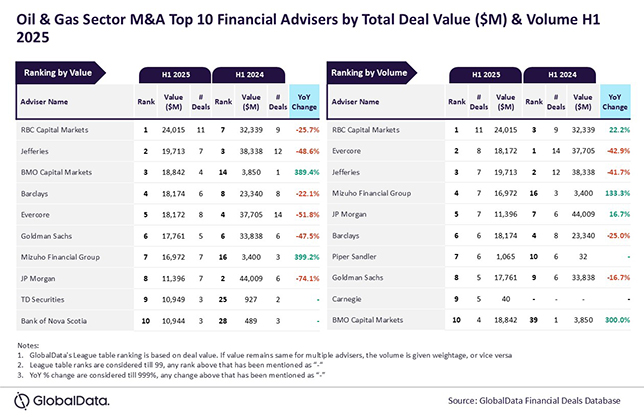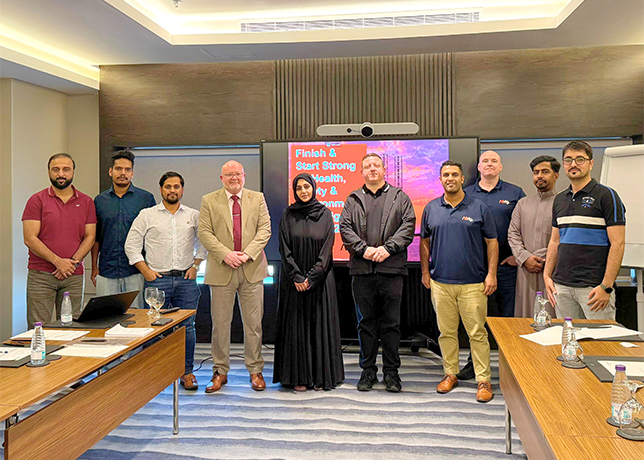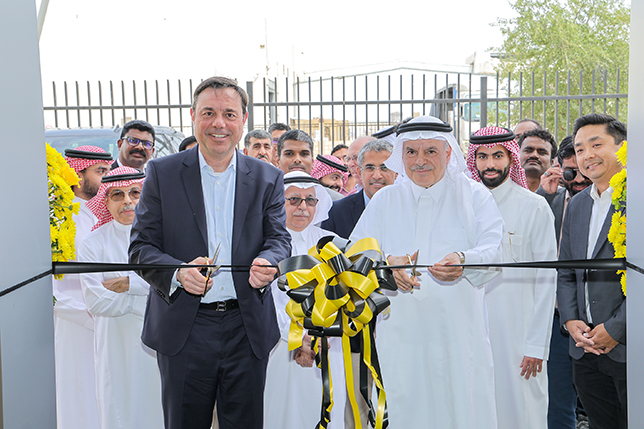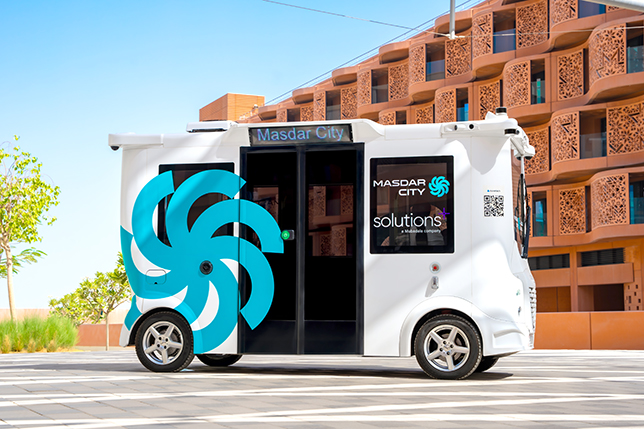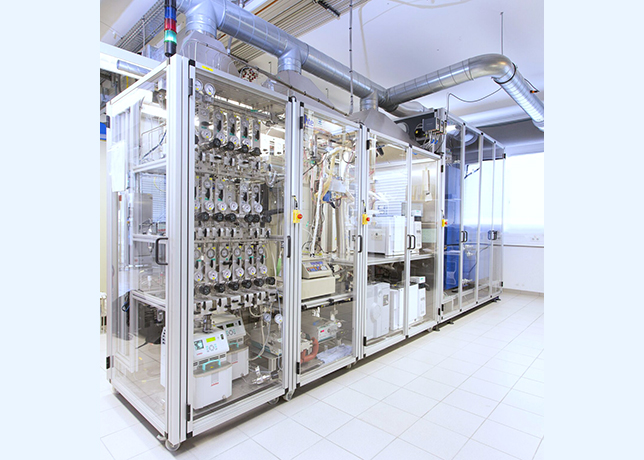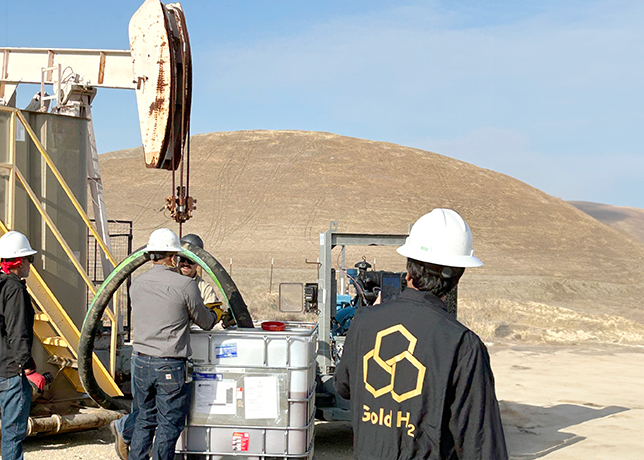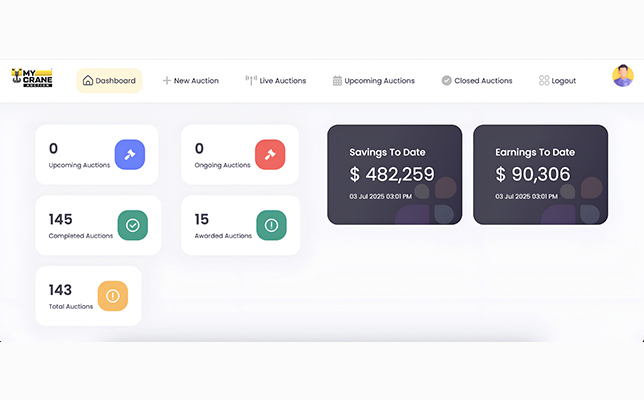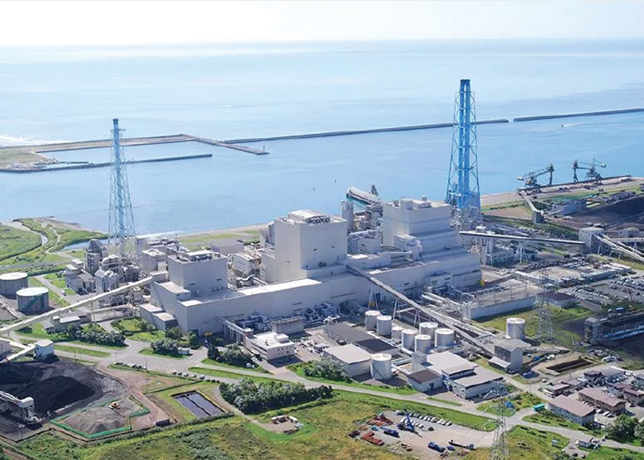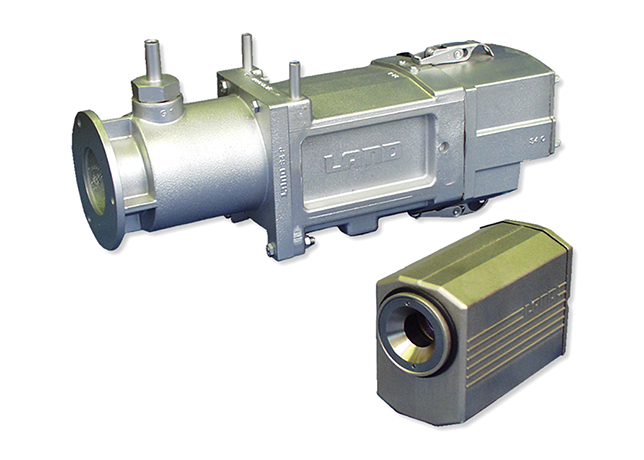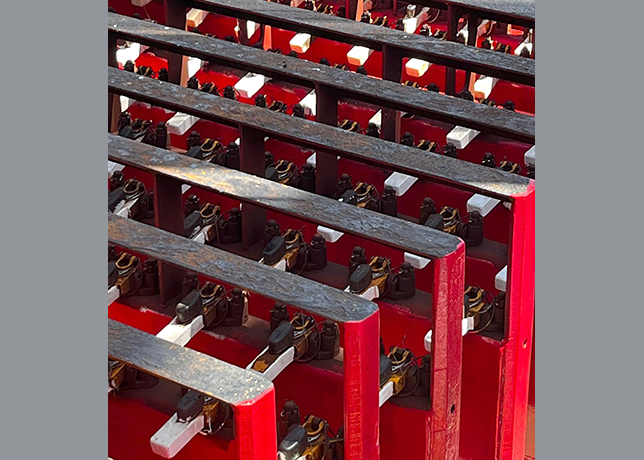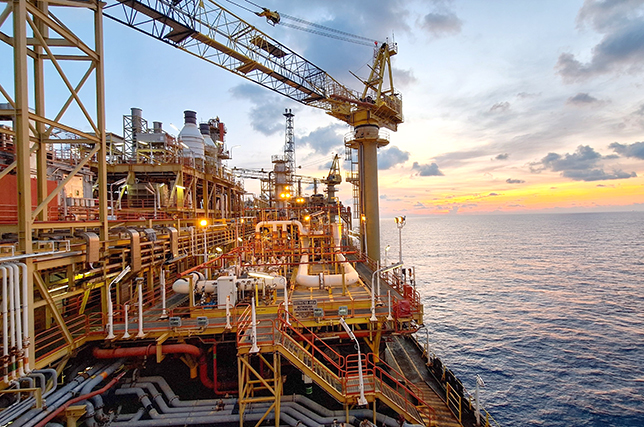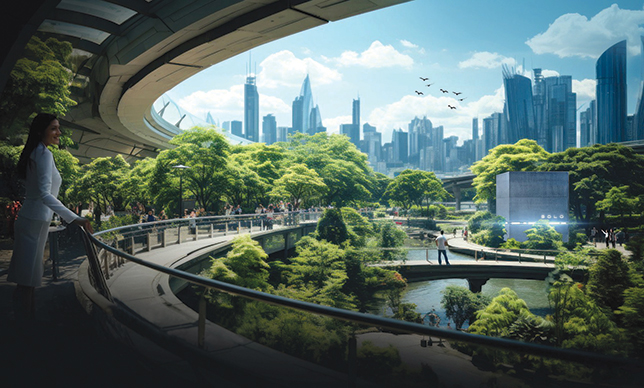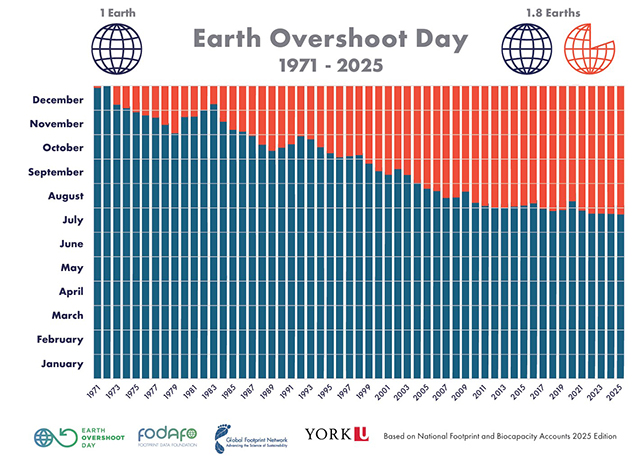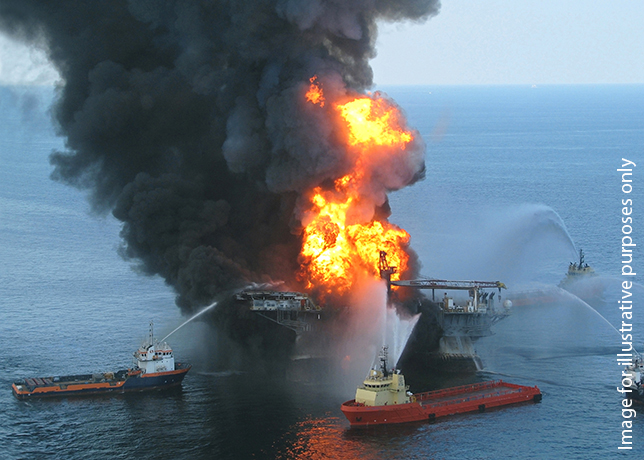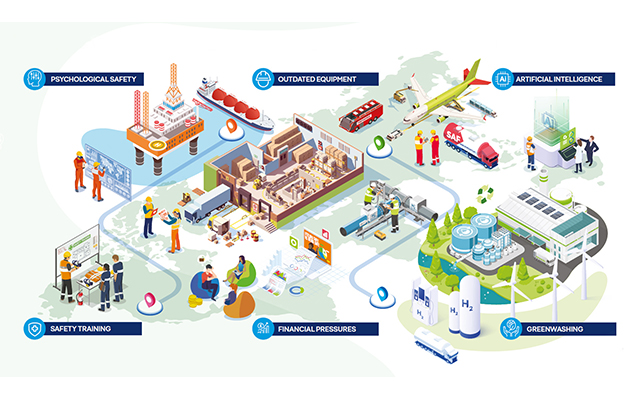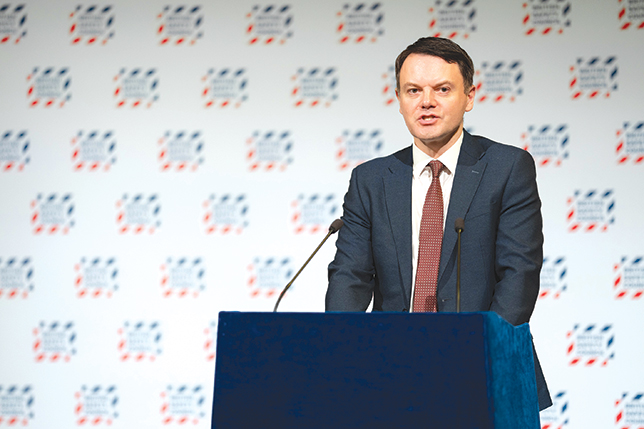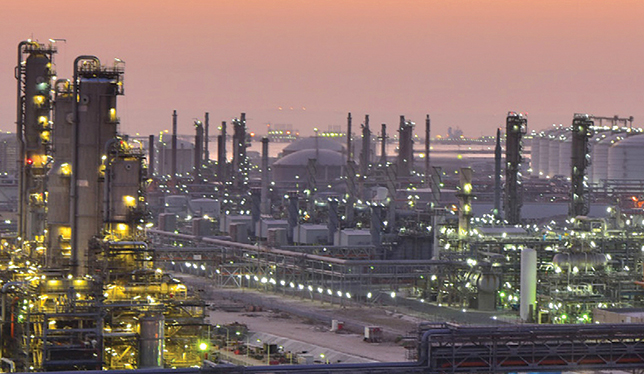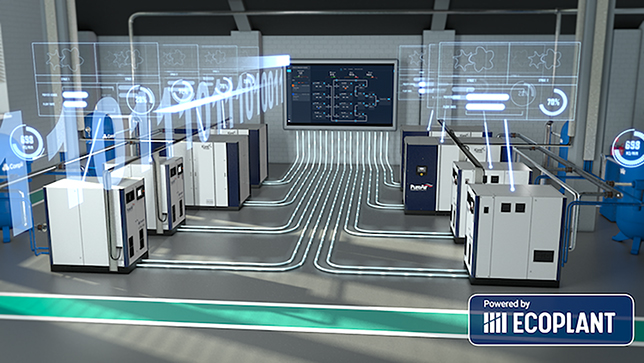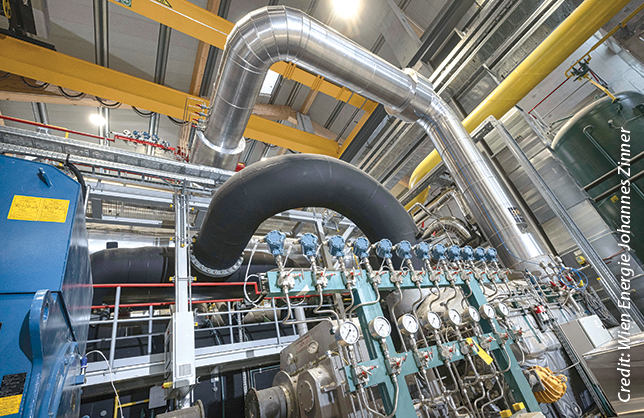

Saudi Aramco President Abdallah S Jum'ah has said that the Kingdom would consider building two refineries, one on the west coast and one in the eastern province, if there were enough investor interest.
He said the company now believes, based on its own research, there are profits to be made in refining and that companies that took the lead in investing in new refineries will reap the biggest rewards.
"Our analysis of the global refining system points to the fact that the refining business has become a profit-making business," he said.
"Although it is no secret that refining produces small economic returns, looking into the future our scenarios show a deficit in refining capacity, and whoever takes the initiative and builds new refineries will take the lion's share of the profits."
He said Saudi Arabia, which plans to build a 400,000 barrels per day (bpd) export-oriented refinery at the Red Sea Port of Yanbu, would even consider building a second refinery on the east coast if there were enough investor interest.
Saudi Aramco has approached the international market to finance the $4-to $5 billion cost of the Yanbu refinery, which may include a public issue to allow domestic investors to participate for the first time.
Jum'ah said Saudi Aramco had invited 35 "of the world's biggest international companies" to participate in the Yanbu project.
"The response has been good," he said. "The goal is to build a very big, sophisticated refinery with a capacity of 400,000 bpd located at Yanbu on the western coast. But this is just our early thinking, and it may well be located on the eastern coast.
"If there is enough interest from investors, then there is nothing to prevent us from establishing one refinery in the west and one refinery in the west," said Jum'ah.
Saudi Arabia has five refineries operated by Saudi Aramco and two in joint venture with a combined capacity of 1.7-mil bpd, Jum'ah said.
Turning to security, he gave details of security measures that protect upstream and downstream installations in the Kingdom, the world's biggest oil producing and exporting nation and holder of a quarter of global crude oil reserves. Jum'ah said contingency plans are in place to make sure there is no disruption to supply, not only to guard against possible attack.
The Kingdom has enormous flexibility in its "giant production system" in the event of disruption from one area, he added.
"If we are prevented from loading crude from the Gulf, then we have the ability and the flexibility to export five million bpd from the Red Sea," Jum'ah said, adding that the company is constantly testing its pipeline system, in which there was a certain amount of redundancy built in.
"We strive to always be on guard. That is why in our 70 years in operation, we have never once been late delivering one drop of oil to our clients around the world."
Meanwhile, Saudi Arabia has plans to build five new refineries to help process a global surplus of heavy sour crude, a Saudi-based oil expert said.
"We're facing a situation where there is extra heavy crude and people don't want it," said Nawaf Obaid, a Saudi national security and intelligence consultant based in Riyadh.
He said Saudi Arabian refining capacity would be increased by about five new refineries with capacity of 300,000-400,000 barrels per day over a five-to-10 year period from 2006 onwards.
The new refineries would be both inside and outside the country and would aim to draw in foreign investment.
"There is definitely an incentive to export refined products, but it is not clear how many refineries will be inside Saudi Arabia and how many will be outside," Obaid said.


